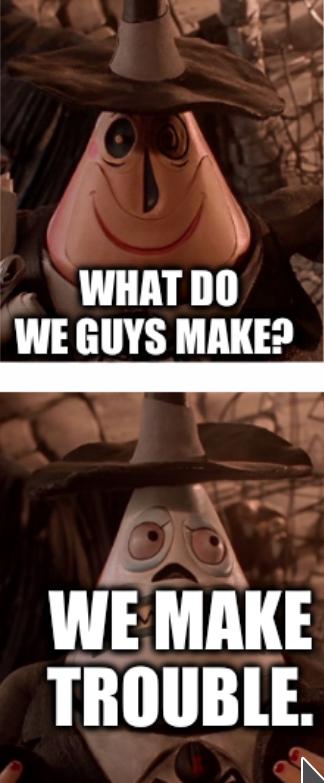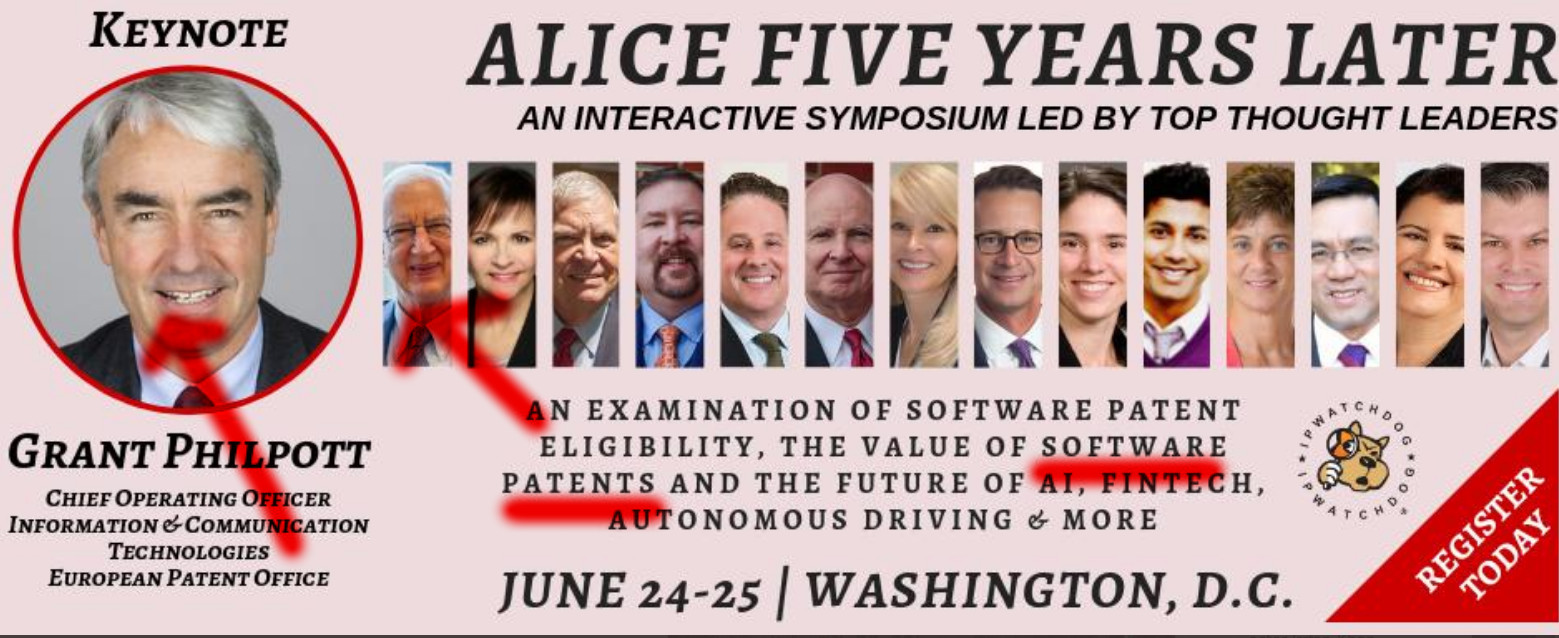

Nightmare Before Christmas Lawsuits
THE fall of the UPC is hard for lawyers to digest, let alone grasp (many are still in denial about the whole thing). Patent lawyers wanted to redo the whole legal system their own way, assisted by nontechnical EPO chiefs like António Campinos and the other Mafioso. In the USPTO they've managed to get Iancu in charge, charging against 35 U.S.C. €§ 101 and then celebrating it. It's about lowering the patent bar and getting all sorts of ridiculous patents -- including on maths -- past the sieve. It turns out that earlier this week Paul R. Michel spread his agenda not only in Watchtroll but also Roll Call, exploiting the pandemic to push for legalisation of illegal patents. Have former judges become lobbyists? For a lot more lawsuits rather than justice or innovation?

"Have former judges become lobbyists? For a lot more lawsuits rather than justice or innovation?"William Fry's Carol Plunkett, Charleen O’Keeffe, Laura Scott, Laura Casey and John Sugrue are distorting the record if not lying when they say that the UPC "has received strong support from sectors of industry..." (in William Fry's Web site, copied into Lexology for broader reach this week)
Which industry? Litigation? The people who drafted this darn thing?
For decades European countries have discussed the creation of a European Unified Patent Court ("UPC") which would consist of a single court with branches across Europe. The UPC system would also allow innovators to opt for a new European patent with unitary effect across the Member States of the EU, instead of the existing European patent which consists of a bundle of national patent rights, enforceable locally.
It is a project that has received strong support from sectors of industry and legal practitioners alike. However, it is not a stranger to challenges. The UPC's progress has suffered repeated delays as previously reported by us here. Now, a decision of the German Federal Constitutional Court has dealt the UPC a further blow.